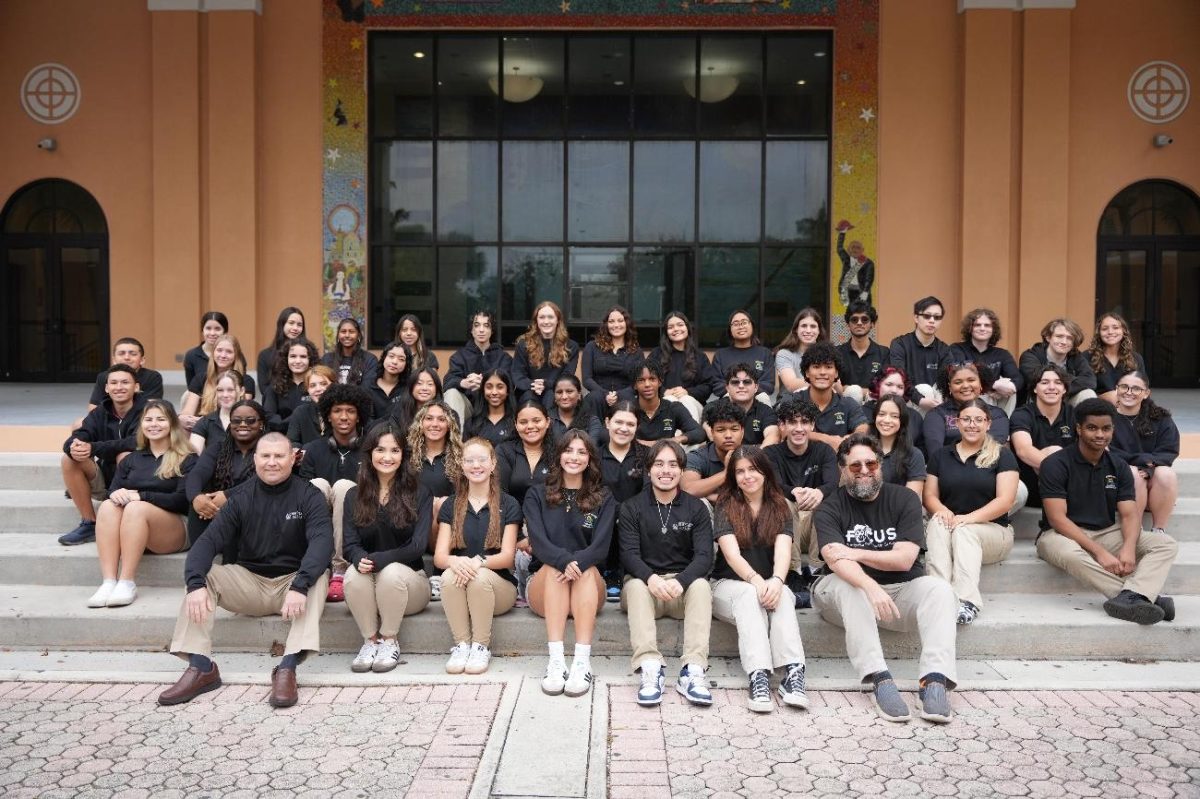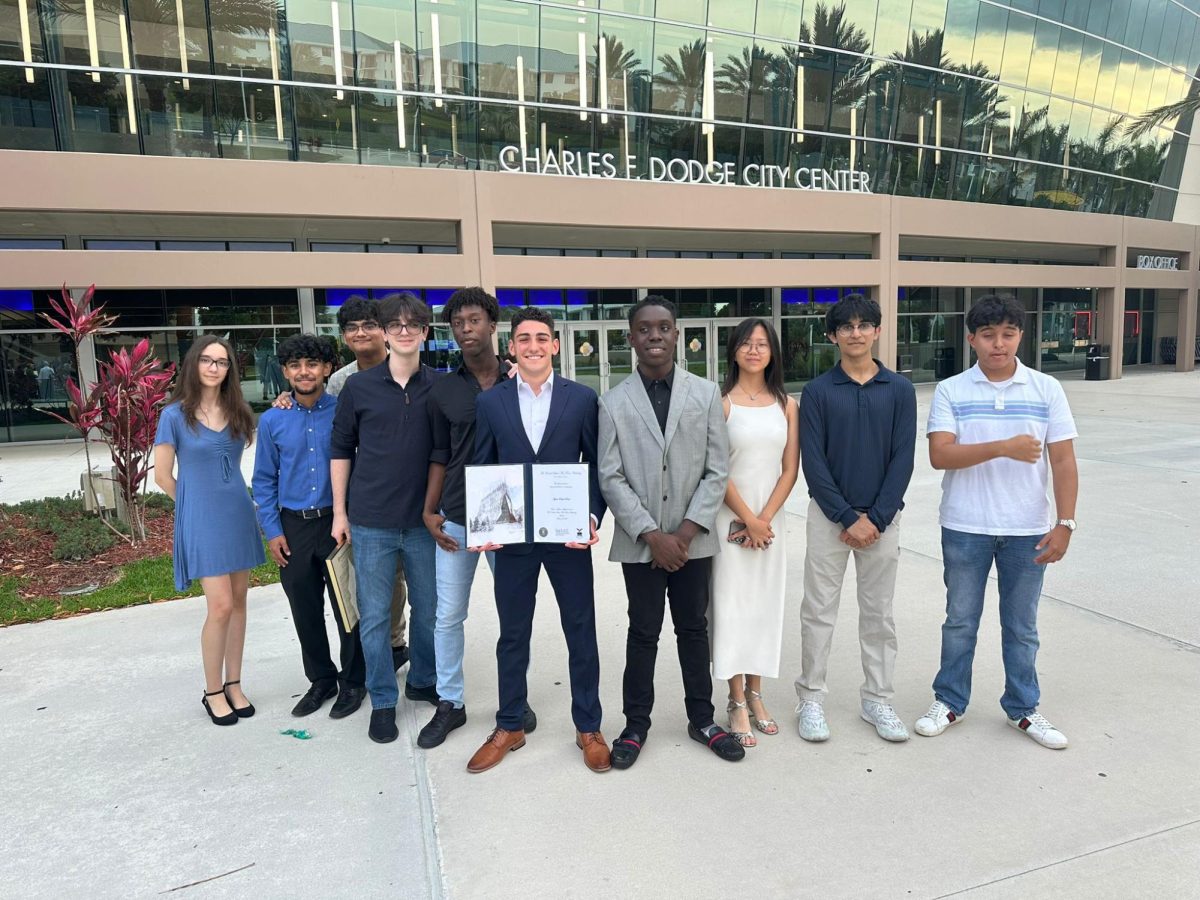With the fate of the planet in their hands, over 190 countries have gathered in Cali, Colombia for the UN’s 16th Conference of the Parties on Biodiversity (COP16). This high-stakes summit has brought together world leaders with a singular mission: to forge a global plan to halt the alarming decline of the natural world.
From the lush Amazon rainforests to the vibrant coral reefs, the delegates in Colombia are tasked with developing strategies to protect 30% of the planet’s land and oceans, restore critical ecosystems, and transform key industries such as food and energy to be more sustainable. It’s an ambitious agenda that comes with an equally daunting price tag—an estimated $700 billion in annual funding is needed to achieve the convention’s goals.
Negotiators will work to establish robust monitoring systems to track each country’s progress. As the “epicenter of global climate action,” Colombia is positioning itself as a leader in the push for “peace with nature” — recognizing that the fate of humanity is inextricably linked to the health of our natural world.
PPCHS junior Grace Castro inputs, “Climate Change is an issue that many people believe in but at the other end do not. Yet, there is proof climate change is taking place, and we must act fast.”
However, financial issues around climate change mitigation efforts were a major point of debate at the summit. Developing countries, such as Brazil, wanted more oversight on nature financing, arguing the existing Framework Fund was dominated by rich nations. They also expressed concerns about the slow disbursement of funds. Wealthy nations pushed back against the idea of creating a new fund, stating the existing Global Biodiversity Framework Fund should be sufficient.
With the clock ticking, negotiators in Cali will have to work quickly to bridge the financing gap and align national plans with the global framework, if they hope to succeed in restoring the delicate balance between humanity and the planet we call home.








